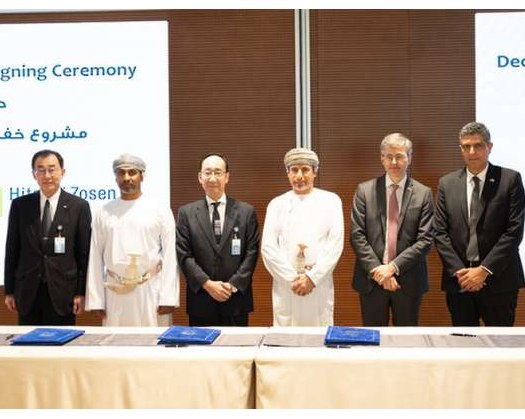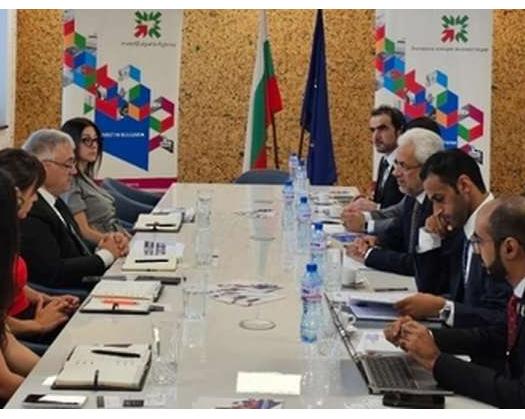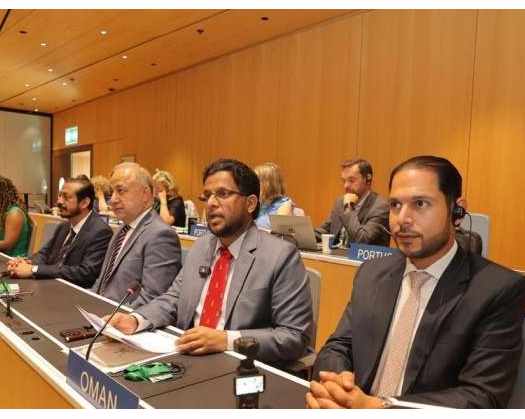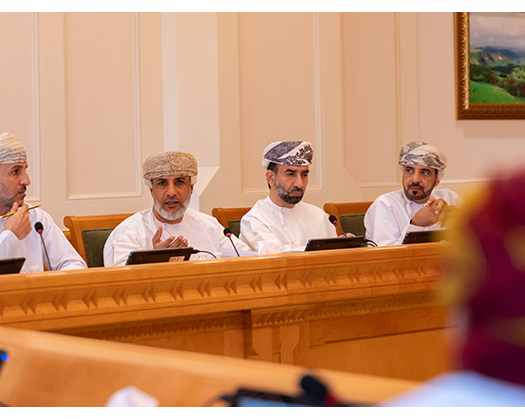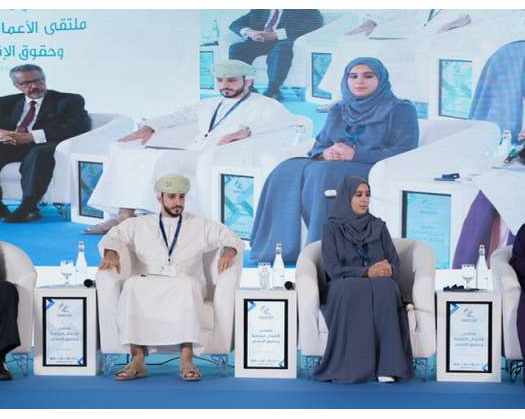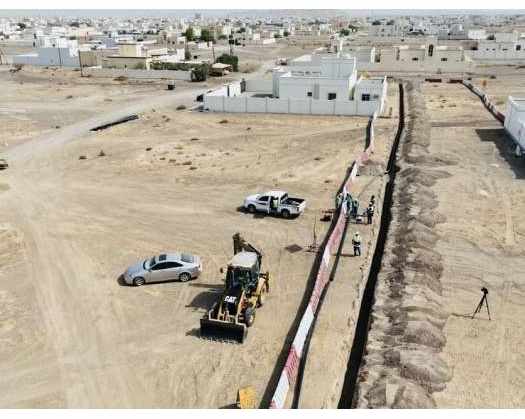Muscat: Oman LNG announced on Monday the signing of a crucial Memorandum of Understanding (MOU) with Hitachi Zosen Corporation (Hitz) and Hitachi Zosen Inova AG (HZI).
This MOU represents a significant milestone in Oman LNG's commitment to innovation and sustainability, as it seeks cutting-edge decarbonisation solutions through collaboration in the field of methanation.
Eng. Salim Nasser Al Awfi, Minister of Energy and Minerals, stated that this memorandum aligns with the zero-neutrality program and the regulatory framework aimed at reducing carbon emissions, particularly in the natural gas liquefaction station.
The minister informed Oman News Agency (ONA) that reducing emissions will create opportunities for the station to market at more favorable prices and attract new markets seeking low-carbon liquefied gas.
Hamed Al Naamany, CEO of Oman LNG, commented on the agreement, saying, "The signing of this MoU marks the beginning of a transformative journey towards cleaner and more sustainable energy solutions. Oman LNG, Hitz, and HZI share a strong commitment to leading the way in advancing methanation objectives while shaping the future of decarbonisation through cutting-edge technology."
Recognized as pioneers in methanation technology, Hitz and HZI are well-positioned to provide decarbonisation solutions to Oman LNG by exploring innovative avenues for synthetic methane production.
This MoU not only holds great importance for Oman LNG but also supports the Sultanate of Oman's efforts to maintain its reputation as a recognized global energy supplier.
Oman LNG, the operator of LNG facilities in Oman, is actively pursuing opportunities for methanation to reduce carbon emissions in its operations. This involves collaborating with energy firms worldwide to identify common interests and priorities for future cooperation in the energy and resources sector.
This collaboration is in line with national strategies and aims to foster a structured dialogue to explore potential areas of collaboration. One such collaboration is with Japan, where Oman plays a vital role in ensuring energy security. The Memorandum of Understanding (MoU) between the two countries outlines plans for collaborative exploration of producing Synthetic Natural Gas from carbon dioxide emissions and hydrogen. This gas can then be re-injected back into Oman LNG for either LNG production or fuel gas consumption.
As the parties involved explore these possibilities, they are committed to engaging in a structured dialogue on strategic issues. They recognize the importance of reaching detailed agreements in subsequent project phases and strengthening collaboration in international clean energy forums such as the United Nations Climate Change Conference (COP).
Methanation, which involves combining carbon dioxide with hydrogen, is a crucial energy carrier, especially when derived from renewable sources like green hydrogen. This process plays a pivotal role in decarbonizing the economy and aligns with Oman's emission reduction policy objectives as outlined in the commitments made under the Paris Agreement on 12 December 2015.
Oman LNG, in collaboration with Hitz and HZI, is committed to spearheading the advancement of methanation technology in its operations, with the aim of making a significant contribution towards a greener and more sustainable future.
Under the Memorandum of Understanding (MoU), Oman LNG, Hitz, and HZI will actively engage in exploring various avenues for cooperation in the specified fields. This will involve identifying opportunities for collaborative research, development, and implementation of cutting-edge technologies that are in line with the collective goal of achieving sustainable and decarbonized energy solutions.

